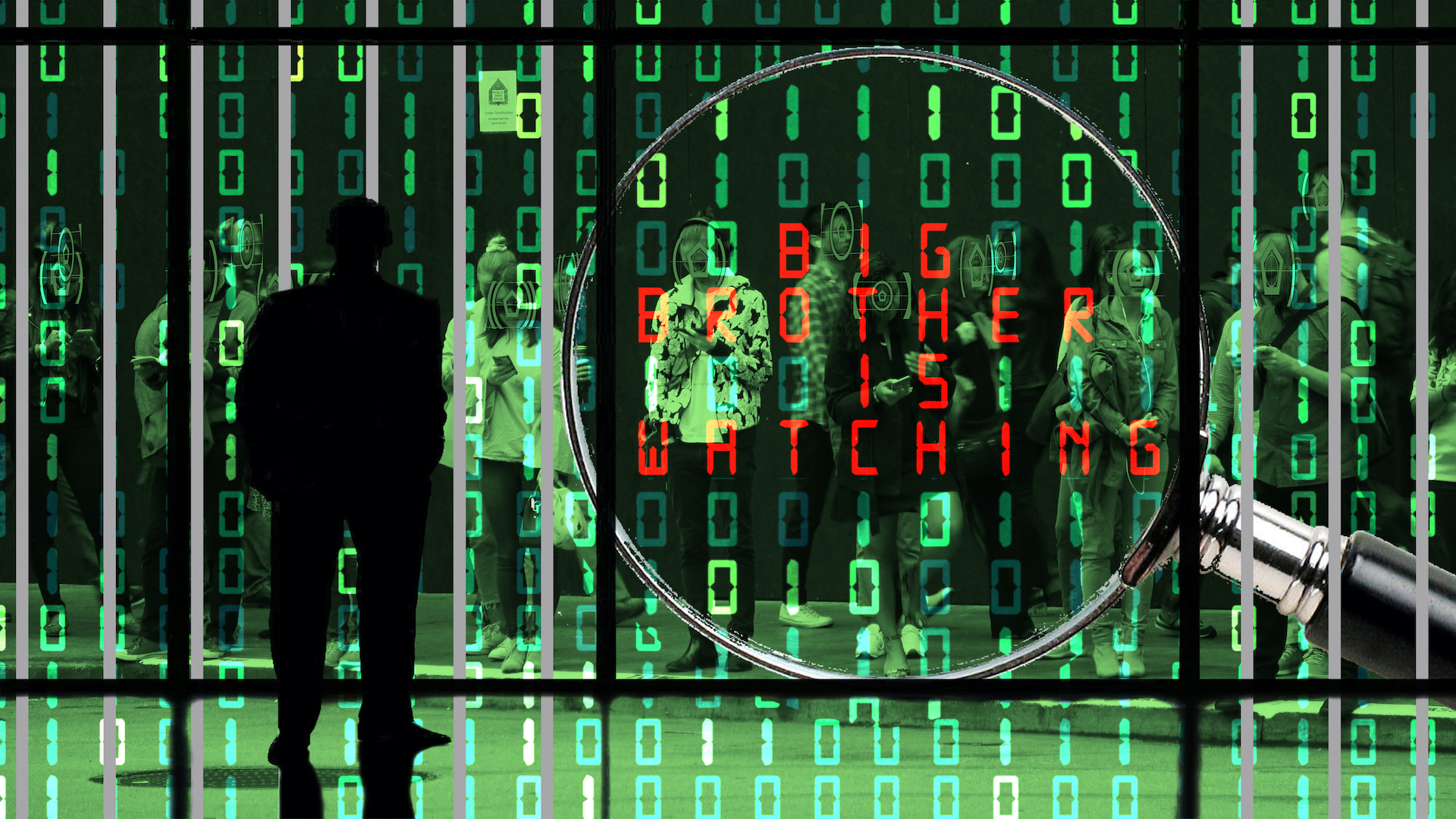Geofencing — Fifth Circuit Turns Big Brother Away…. for now…. kind of
In the past several years, the number of search warrant applications based on “geofencing” has skyrocketed. A “geofencing warrant” is one issued to a cell phone provider identifying a geographic area and a time frame and seeking identifying information on all cell phones that were in that area at that time.
U.S. v. Smith, Case No. 23-60321, filed August 9, 2024, and reported at 110 F.4th 817 (5th Cir. 2024) involved a robbery of a rural postal driver while he was picking up mail at one of his post office depots. Law enforcement had no leads save a surveillance video from a local business showing a person apparently using a cell phone near the post office before and after the robbery.
The magistrate granted the search warrant and through a series of progressively intrusive steps, Google was able to hone in on two suspects who were later convicted after the trial court denied a motion to suppress based on a violation of their rights to privacy.
What is alarming is the scenario – the crime location is known but the identities of the suspects are not. This is backward. Law enforcement does not search the suspect’s phone. It searches the area. Take heed. This means constant watch – Google can determine which floor of a building you may be on at any given time if you have your cell phone on you. No urgency requisite to get a warrant.

The Fifth Circuit thankfully tossed the argument that a person volunteers to a search of their personal information when they subscribe to a cell phone carrier. Quoting the U.S. Supreme Court, the Fifth Circuit wrote, “carrying a cell phone is indispensable to participation in modern society.”
The Fifth Circuit warned that these kinds of warrants are “uncomfortably akin” to the abhorred “general warrant,” about which our nascent country fought a revolution.
Be that as it may – the Fifth Circuit cut law enforcement a break this time because the officers and agents conferred with federal prosecutors before presenting the proposed warrant to the United States Magistrate. This begs the question – what obligation the Magistrate may have had to analyze the compelling constitutional question raised by this alarming and intrusive use of technology.
The Fifth Circuit in an admitted case of first impression laid out the law at least in Texas, Mississippi, and Louisiana. It then allows an apparent consultation with the prosecutor exception to swallow the articulated rule.
Big Brother is watching.
____________________
The Fourth Circuit, which includes Virginia sees it differently, see U.S. v. Chatrie, 107 F.4th 319, 330-31 (4th Cir. 2024).



